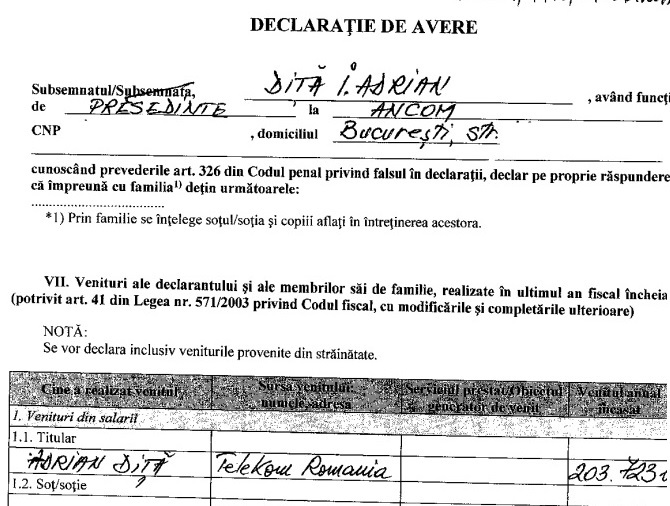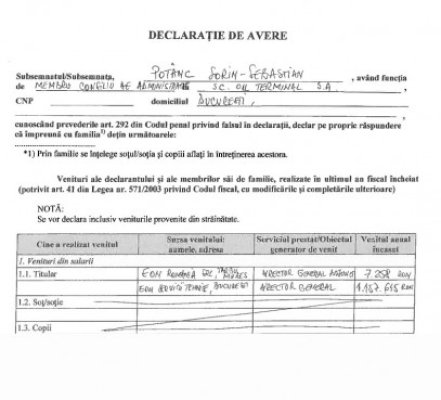
Adrian Diţă, noul preşedinte al ANCOM, a câştigat anul trecut 16.976 lei / lună de la grupul Telekom România

PDF) Optimal configuration of hybrid PV-generator (diesel/GPL) for a decentralized production of electricity in Algeria | International Journal of Power Electronics and Drive Systems and BOUANANE Abdelkrim - Academia.edu

Ion Spânu: Sistemul nu iartă. ÎPS Teodosie este pensionat cu forța din învățământ de către judecători | ActiveNews
VIA ELECTRONIC SUBMISSION August 20, 2020 Canada Energy Regulator Suite 210, 517 Tenth Avenue S.W. Calgary, Alberta T2R 0A8 To:














